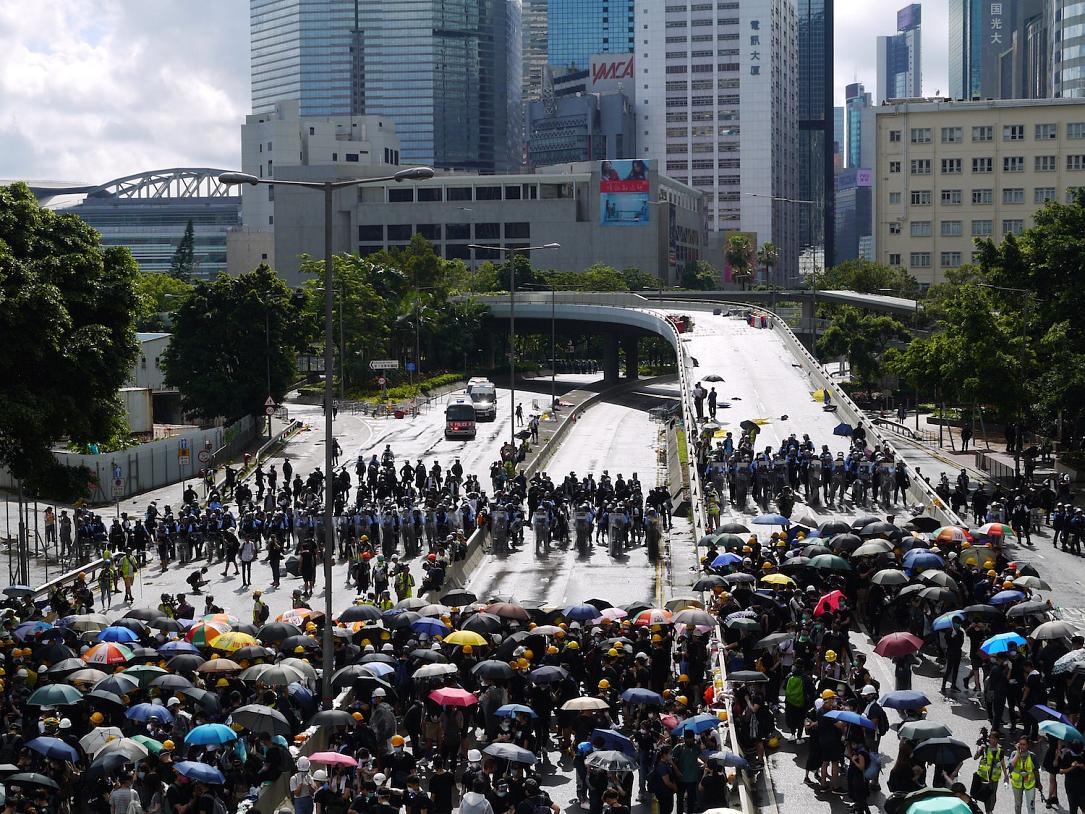Native content with Labour Law info by Grecu Partners.
What happens with the employment contract while the employees are on strike?

A strike is a situation in which employees refuse to perform the work to which they are contractually bounded, motivated by various dissatisfactions that they can invoke, such as underpayment, overwork, etc. The right to strike may be restricted or prohibited only in special circumstances and for categories of employees expressly provided by law, such as prosecutors, judges, etc.
Striking employees are not entitled to any pay during the period of strike action. Also, the period of strike action does not constitute seniority. These consequences result from the fact that, during the strike, the employee's employment contract, whether individual or collective, shall be suspended.
According to Law 367/2022, in conjunction with the Labour Code, during the period of participation in the strike, the employee's individual employment contract or employment relationship, as the case may be, is suspended by law. This means the suspension of contract takes place without the consent of any of the employment contractual parties, so there is no need of an addendum to the contract.
Thus, if an employee wishes to take part in the strike, his/ her employment contract will be suspended.
For the strike to be valid and official, the Labour Inspectorate (the Romanian authority for labour law compliance) must be notified by the strike organisers to the territorial labour inspectorate in whose district the establishment in which the strike is going to take place is located, at least 24 hours before the start of the strike and within 24 hours of its end.
Suspension of the employment contract will take place after the strike has been notified as above and after the suspension has been registered in the employees' evidence register (Revisal).
The suspension affects the rights and obligations arising from the contract and the parties are no longer bounded to perform their contractual tasks during the strike. The employer will therefore no longer be bounded to pay the wages of the employee who goes on strike. The only rights not subject to the effects of the suspension are those relating to health insurance, for obvious reasons.
Author: Attorney at law, Ana Maria Nistor, Law Office Grecu & Partners.
- This is native content with Labour Law info by Grecu Partners.












